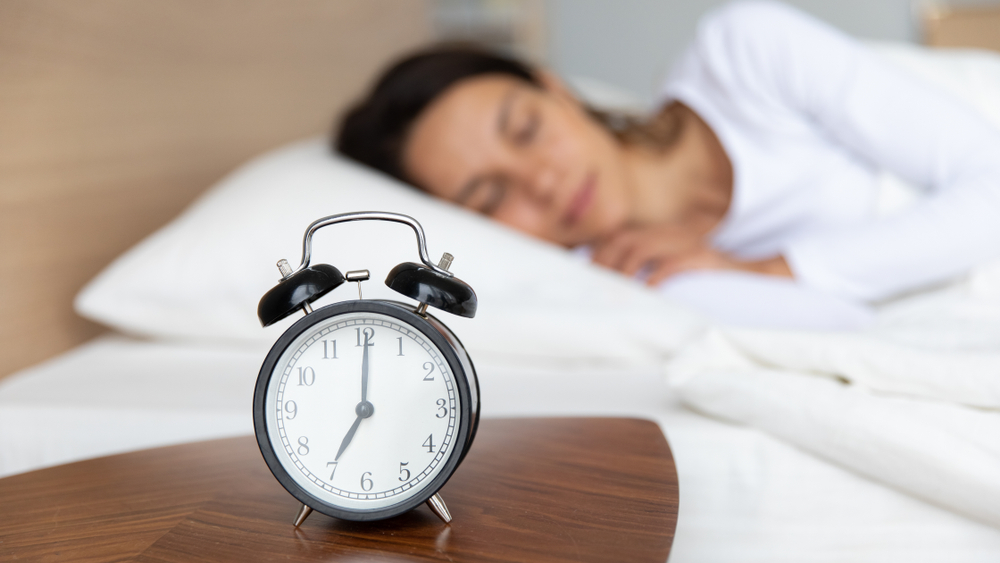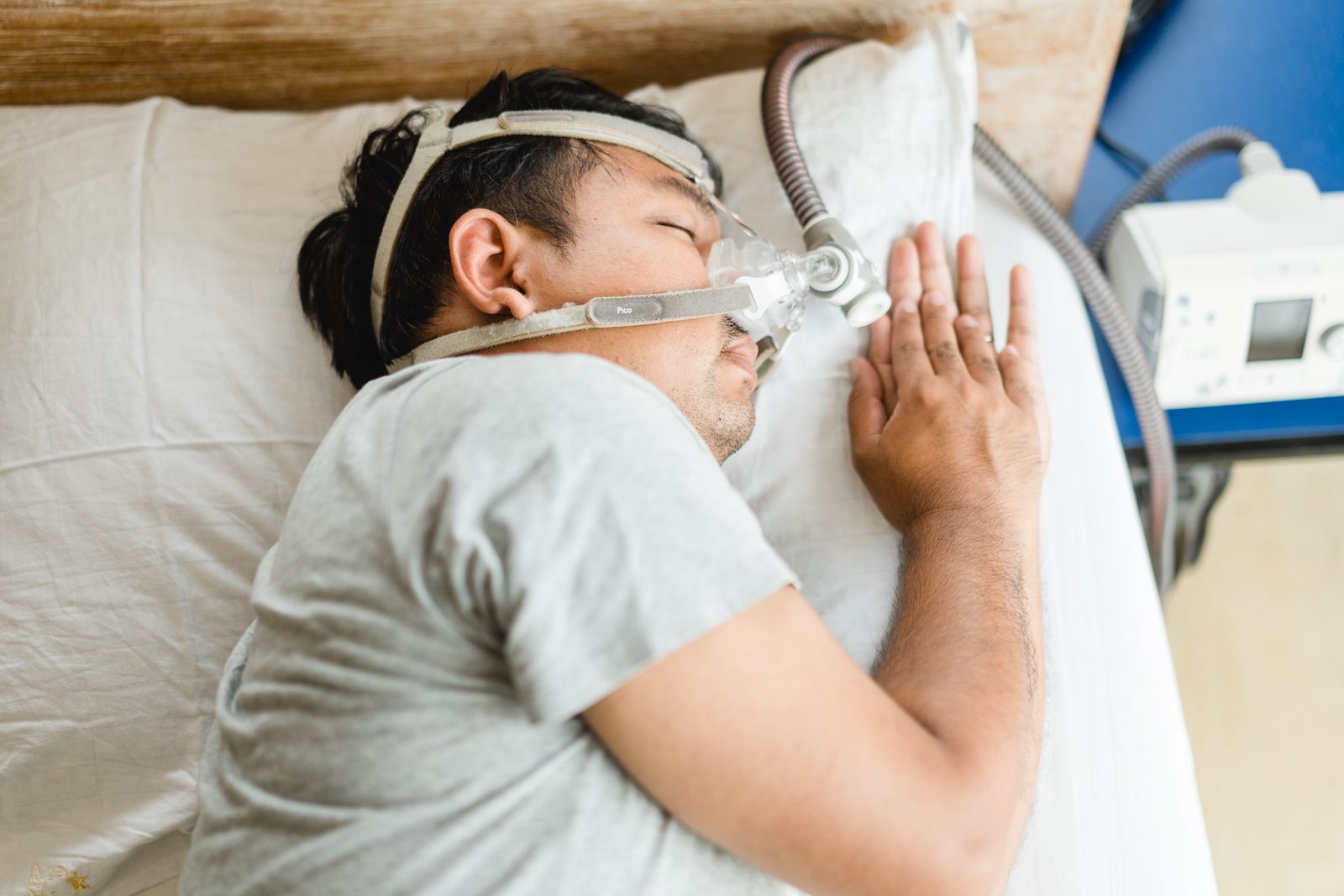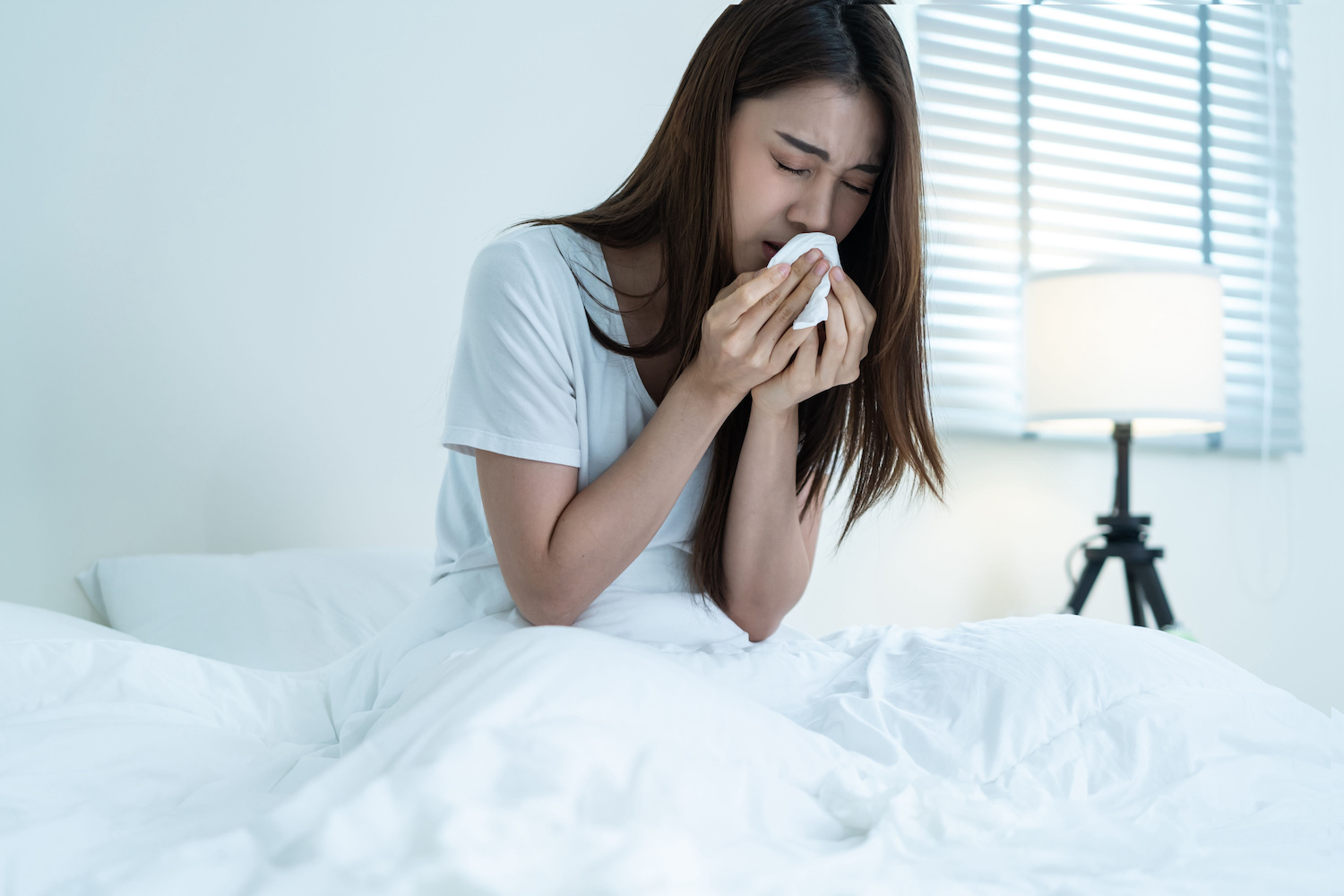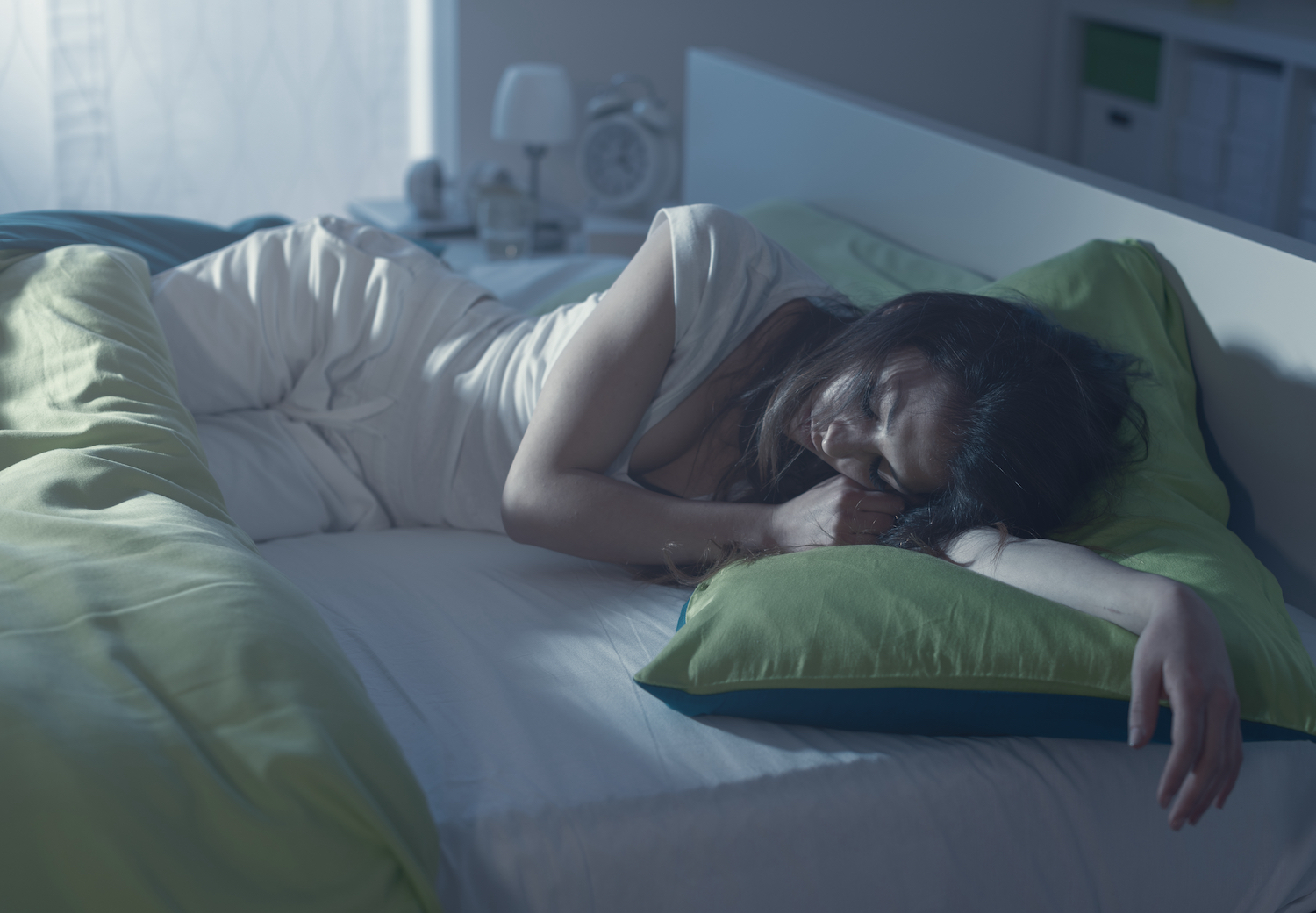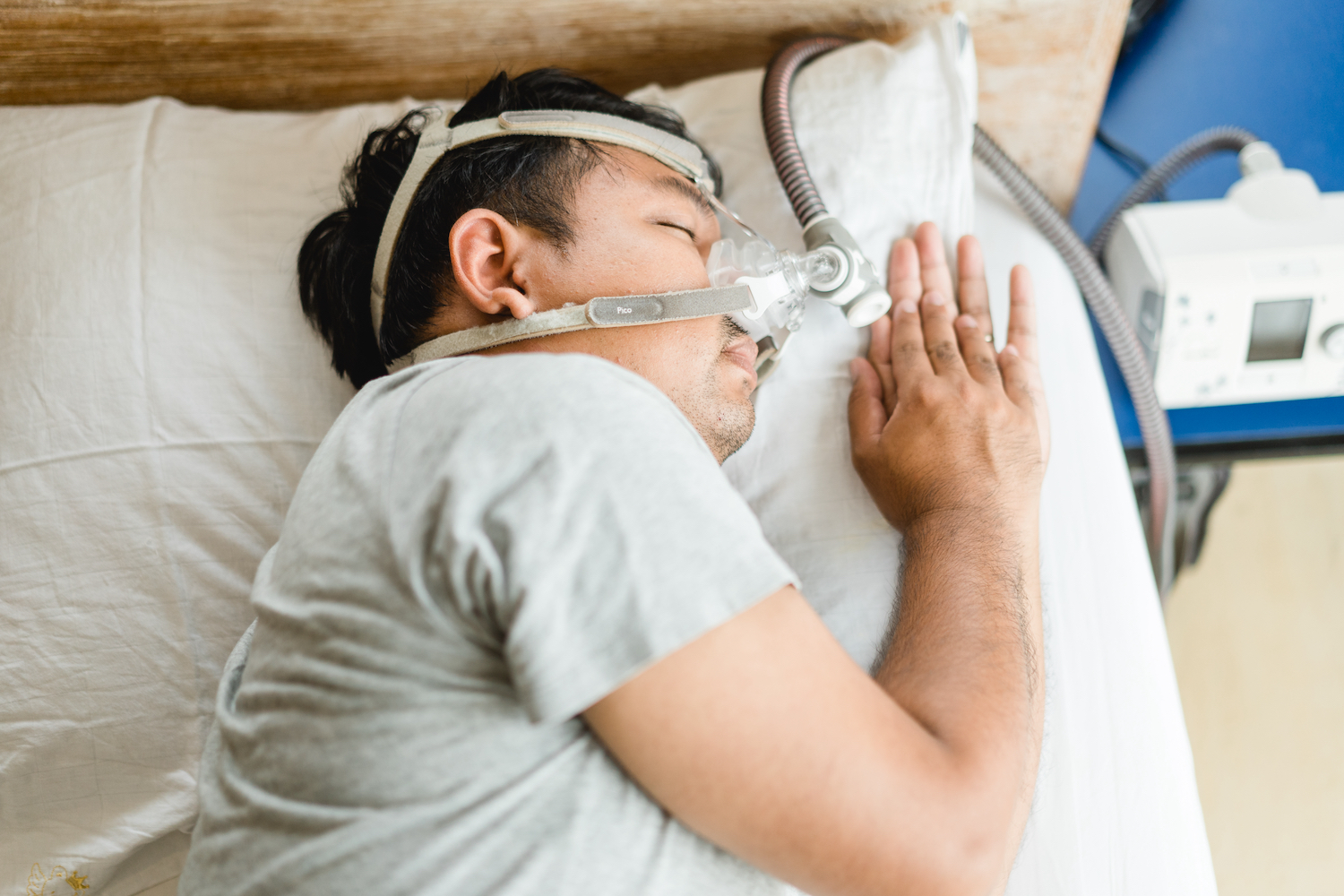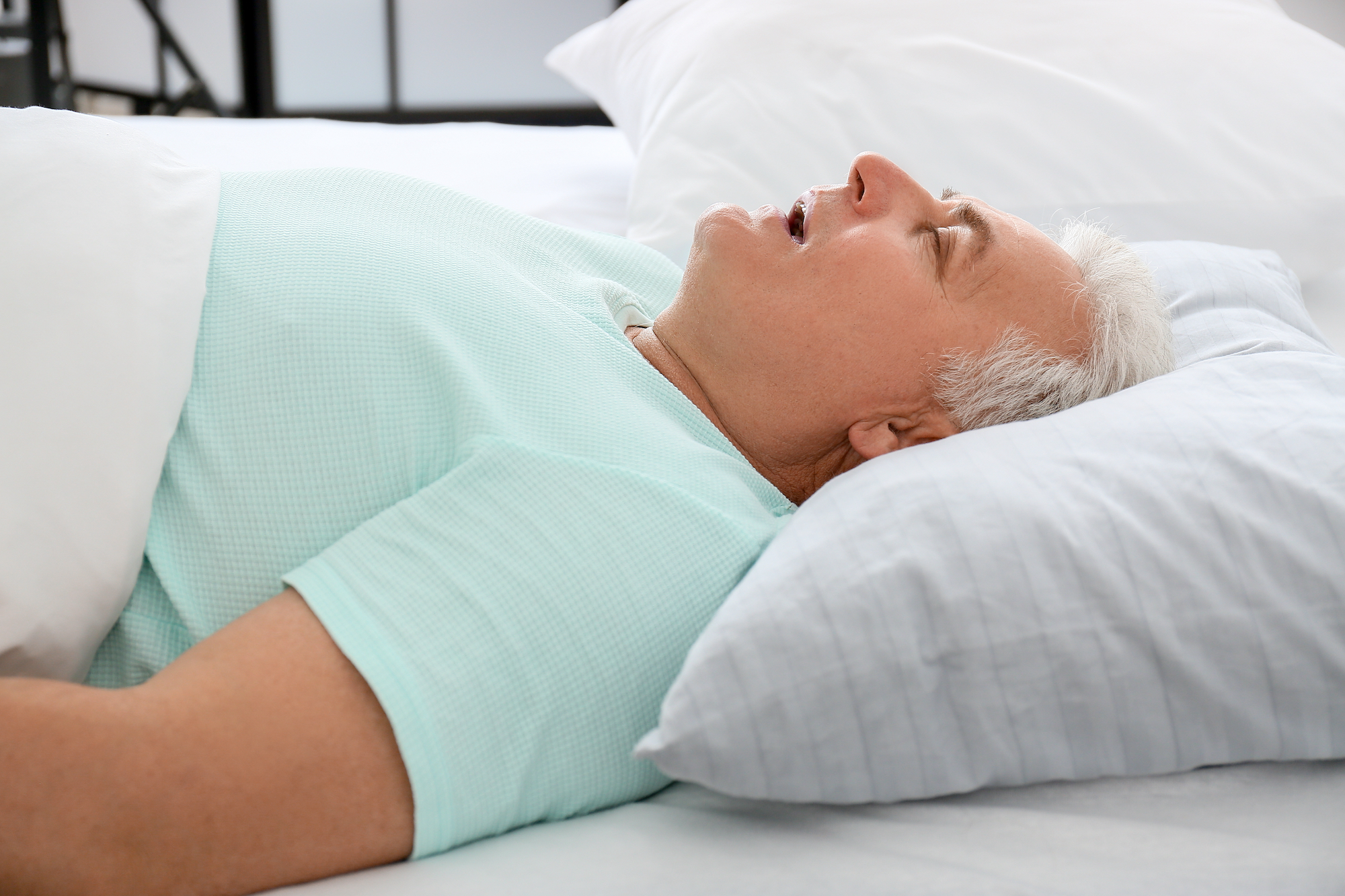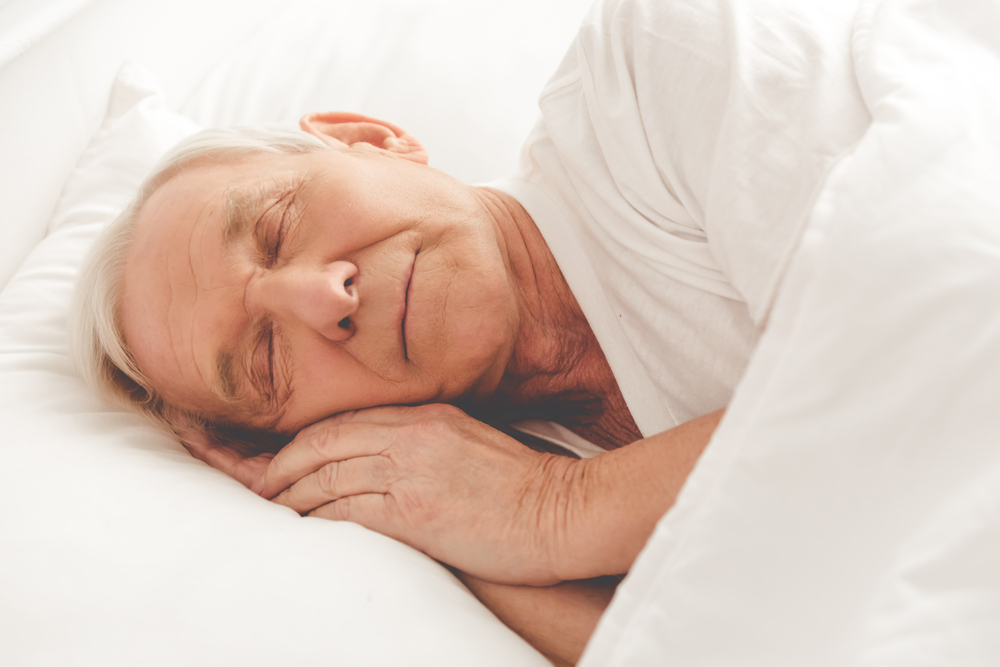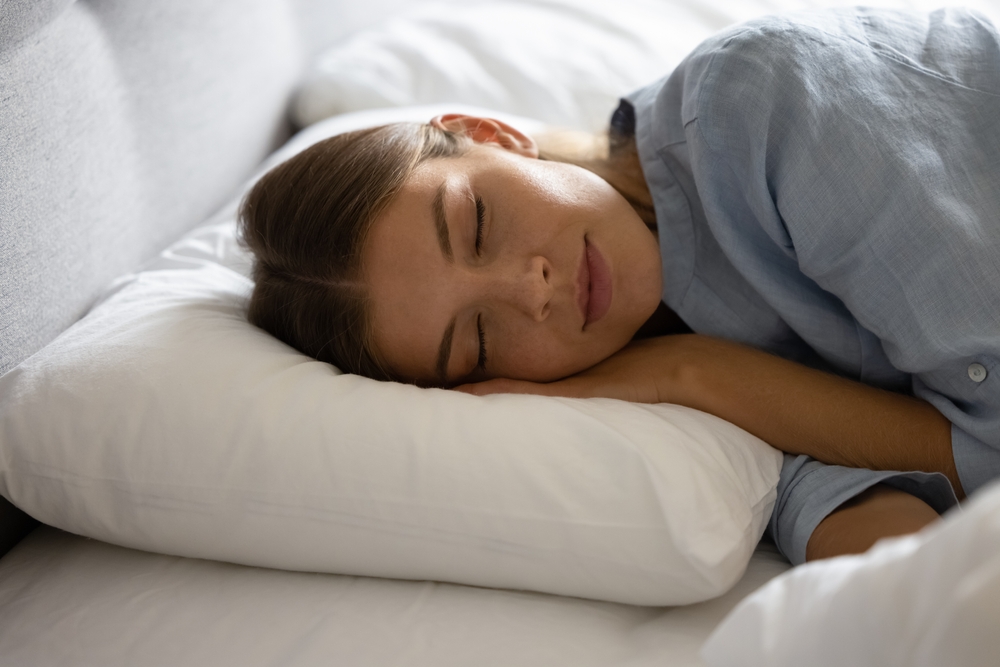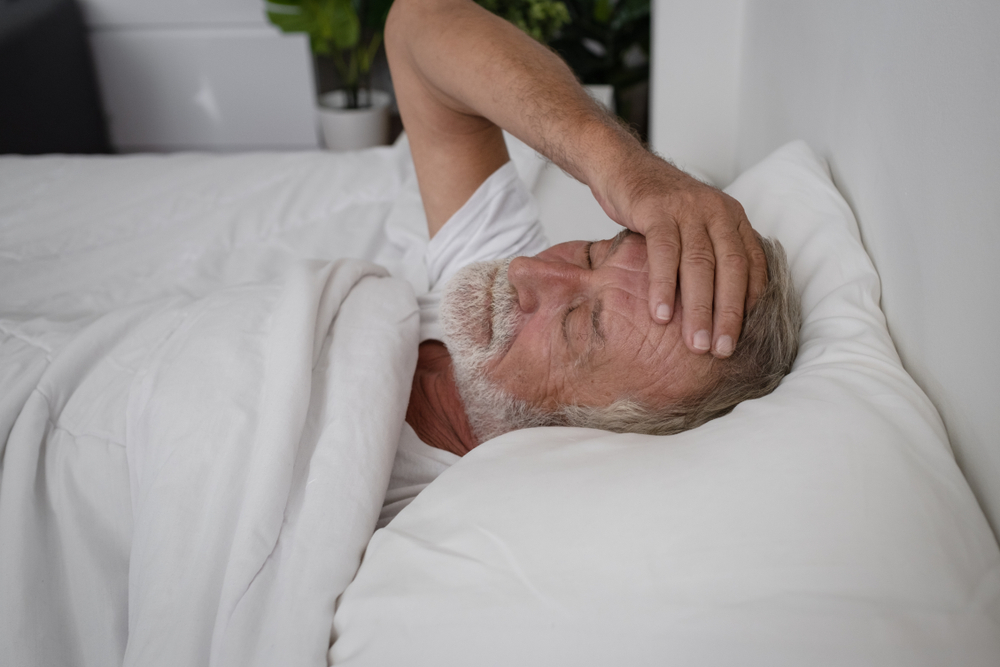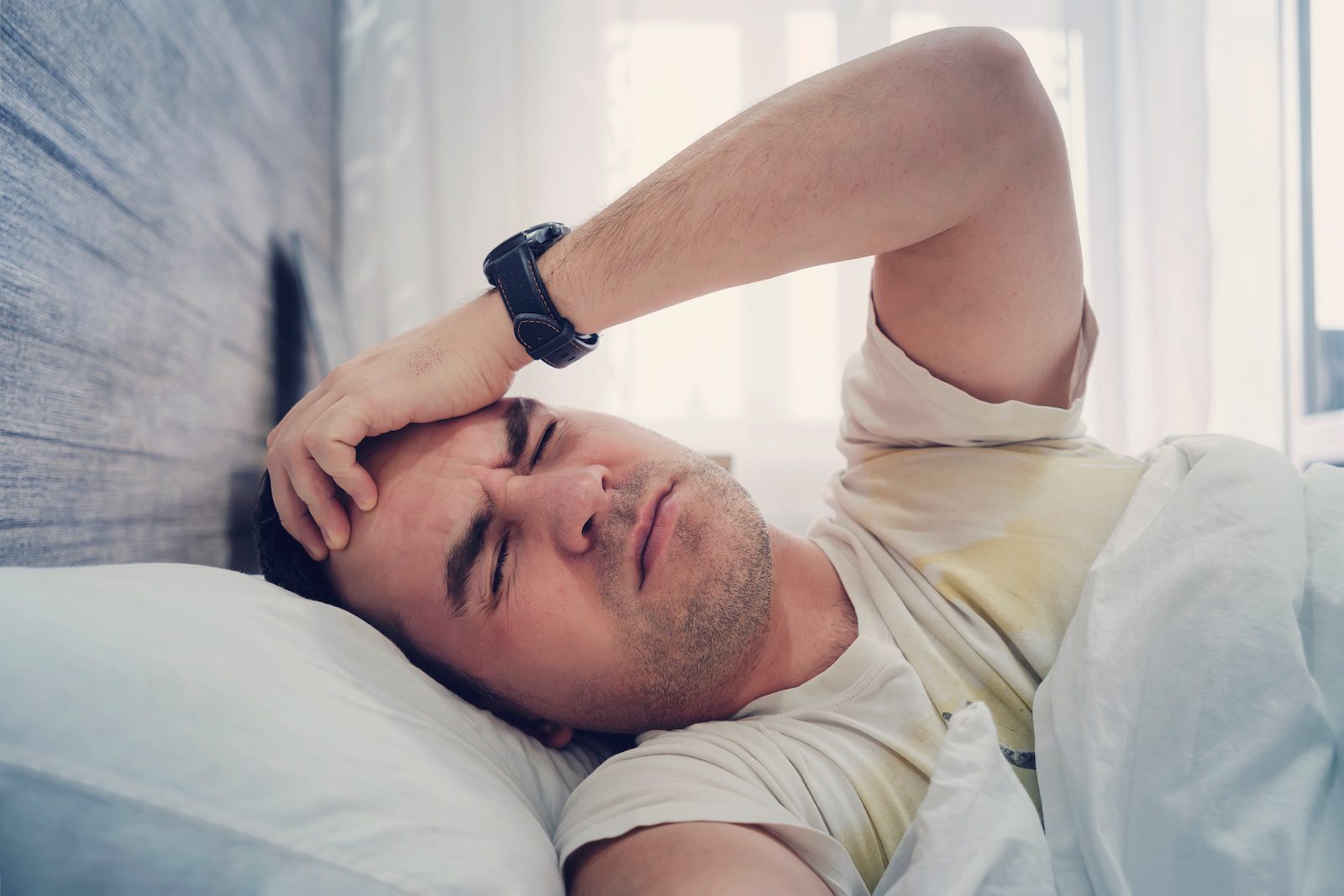If you or someone you know is in crisis, dial 988 to reach the Suicide and Crisis Lifeline, which provides 24/7, free, and confidential support.
Post-traumatic stress disorder (PTSD) is a mental health condition that can occur in individuals who have been exposed to a traumatic event or experience. PTSD can cause a range of symptoms including sleep disturbances like nightmares and insomnia, as well as increased alertness or hypervigilance.
PTSD increases the risk of developing obstructive sleep apnea (OSA), a sleep disorder characterized by abnormal breathing that disrupts sleep. Sleep disturbances can lead to poor sleep quality and worsen PTSD symptoms. However, proper management of either or both conditions can improve a person’s health and quality of life.
The Connection Between Sleep Apnea and PTSD
People with PTSD are more likely to develop obstructive sleep apnea. Obstructive sleep apnea affects up to 30% of people in North America but up to 50% of people with PTSD. Because the two conditions are often found together, health care providers frequently screen people with PTSD for obstructive sleep apnea.
People who have both OSA and PTSD face an increased risk of experiencing more severe PTSD symptoms, disrupted sleep, and worsened mood. Untreated OSA and PTSD may lead to a higher risk of other medical conditions, including:
- Cardiac arrhythmias
- Heart failure
- Myocardial infarction
- Stroke
- Depression
Can PTSD Cause Sleep Apnea?
It is not clear whether PTSD causes a person to develop obstructive sleep apnea. However, many studies have shown that PTSD and obstructive sleep apnea may be connected. Having one of these conditions increases the likelihood of developing the other.
When PTSD and OSA co-occur, it can create a challenging cycle of sleep disturbance that can lead to worse outcomes and make treatment less effective. Research has shown that the negative effects of one condition can exacerbate the other, resulting in greater sleep disturbances and more severe symptoms.
PTSD and REM Sleep
Both physical and mental health require quality sleep. Good sleep also appears to have a crucial function in preventing PTSD after experiencing a traumatic event. On the other hand, disrupted sleep can worsen PTSD symptoms.
Rapid eye movement (REM) sleep helps the brain process emotions and memories, including scary or traumatic events. During REM sleep, the brain reduces the fear response to these events by processing the emotions associated with frightful or triggering memories.
But when REM sleep becomes disrupted or fragmented due to other medical conditions like PTSD, sleep disturbances may worsen. People with both PTSD and obstructive sleep apnea may display disordered breathing more often during REM sleep.
Experts suggest the breathing and sleep disruptions during the REM stage impair the brain’s ability to process emotional memories like fearful events and exacerbate symptoms of PTSD.
How to Treat Sleep Apnea and PTSD
For people with obstructive sleep apnea and PTSD, addressing one condition may indirectly improve the other. Treating PTSD can lead to better sleep, whereas treating OSA can lead to improvements in mood, quality of life, and other issues related to PTSD.
Treatment Options for Sleep Apnea
The primary treatment of obstructive sleep apnea is continuous positive airway pressure (CPAP) therapy. CPAP therapy involves wearing a mask while sleeping that is connected to a machine via a hose. The machine is small enough to sit on the bedside table and provides a steady flow of air to prevent the airway from collapsing.
Although CPAP therapy offers the most effective treatment for obstructive sleep apnea, many people find it difficult to use their CPAP machine on a regular basis. Most studies estimate average CPAP use is about four hours per night.
Compliance with CPAP therapy in people with PTSD may be even lower due to sleep-related disturbances like insomnia, nightmares, and feelings of claustrophobia. But some studies have shown that veterans with both PTSD and OSA who use a CPAP machine may improve their symptoms while reducing up to 50% of PTSD-related nightmares.
If CPAP therapy does not work or is not a suitable option, other treatments for OSA include other types of PAP therapies, oral appliances, surgery, and medication.
Treatment Options for PTSD
Treatment options for PTSD include a combination of trauma-focused talk therapy and medications called selective serotonin reuptake inhibitors (SSRI).
- Cognitive-behavioral therapy (CBT): CBT helps people recognize and adjust thoughts, feelings, and behaviors that are contributing to their symptoms.
- Exposure-based therapy: Exposure-based therapy involves analyzing difficult memories and situations in a safe environment to lessen the symptoms of PTSD.
- Eye movement desensitization and reprocessing (EMDR) therapy: EMDR combines using techniques from CBT and exposure-based therapy while a health care provider uses their hand to guide the movement of a person’s eyes. EMDR has been shown to reduce anxiety and fear attached to stressful memories or triggers.
For people with PTSD and other conditions like traumatic brain injury, substance abuse, or underlying mental health disorders, talk therapy and medications may be tailored to their individual medical needs.
Lifestyle Changes for Sleep Apnea and PTSD
Along with positive airway pressure (PAP) therapy, certain lifestyle changes may help reduce symptoms for both OSA and PTSD.
- Learn about sleep health: Going to sleep and waking up at the same time each day may help you get better quality sleep at night. Improving sleep hygiene may decrease sleep disturbances and PTSD symptoms. Avoid sleeping on your back since it may aggravate OSA symptoms for some people.
- Relax before bedtime: Create a relaxing sleep environment by turning down the lights and keeping the room quiet at night. Practice stress management and relaxation techniques to help decrease PTSD and obstructive sleep apnea symptoms.
- Avoid alcohol and sedatives: Do not drink alcohol or take sedating medications before sleeping. These substances may disrupt sleep and worsen PTSD and OSA symptoms.
- Exercise and maintain a healthy weight: Physical exercise during the day may reduce stress and promote rest at night, improving PTSD symptoms. People with OSA and excess weight may benefit from weight loss to improve daytime sleepiness and decrease disease severity.
VA Rating for Sleep Apnea Secondary to PTSD
The Veterans Administration (VA) pays disability compensation to veterans with service-related disabilities that result from an injury or illness that occurred or worsened during a person’s active military service. Obstructive sleep apnea secondary to PTSD means that the symptoms of service-related PTSD caused or worsened the development of OSA.
The VA rates the severity of service-related disabilities as a percentage. If you have multiple service-related disabilities, the VA uses a specific algorithm to calculate the combined disability rating to determine monthly compensation.
If you have OSA secondary to PTSD that is connected to active military service, talk directly with your doctor and the VA to learn more about your specific situation.
When to Talk to a Doctor
Talk with your doctor if you have PTSD and notice any obstructive sleep apnea symptoms. If you have concerns about PTSD, symptoms of PTSD, or other mental health issues, speak with your health care provider.



